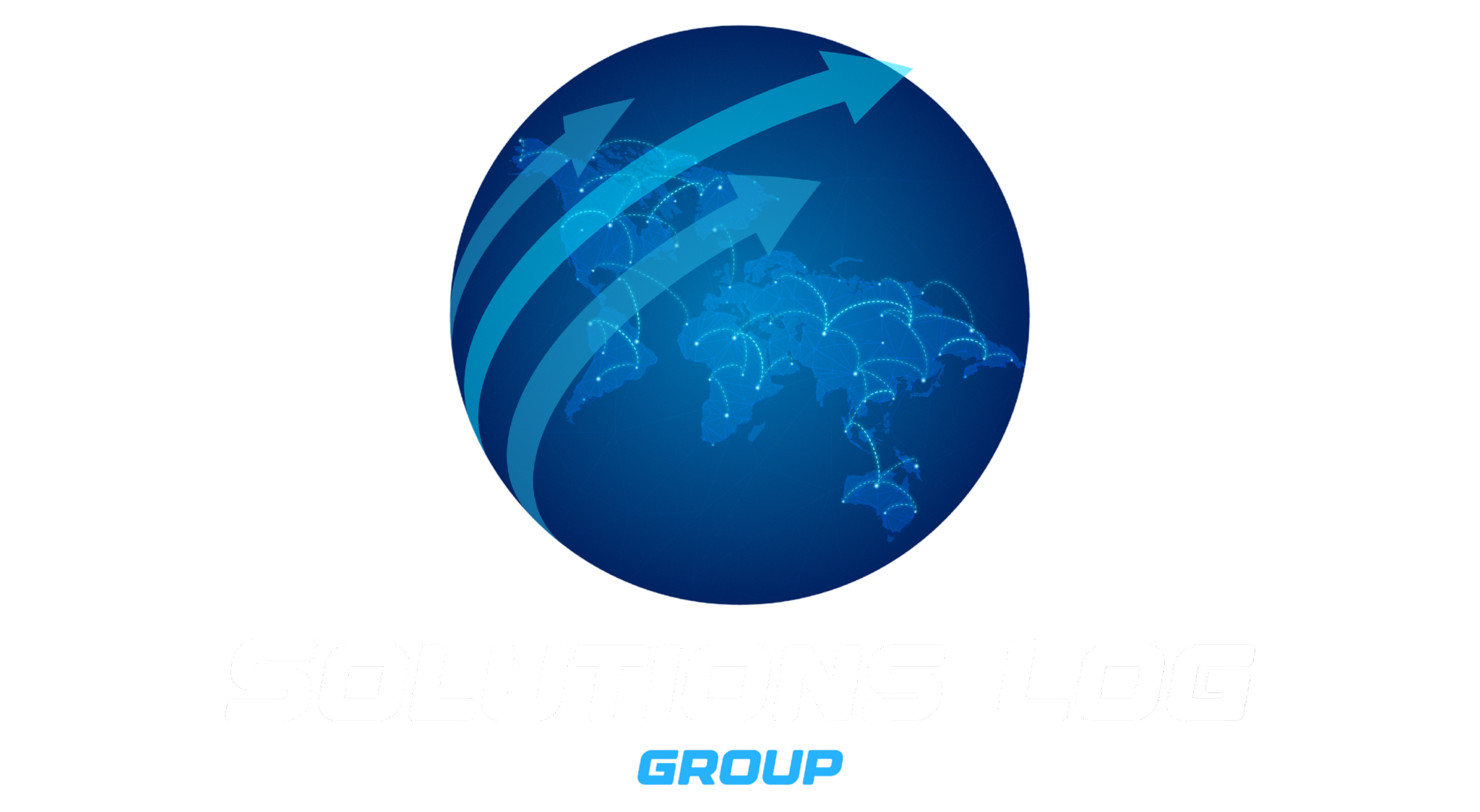The global business landscape is evolving rapidly, and Business Process Outsourcing (BPO) has transformed from being a cost-saving measure to a strategic growth enabler. As companies look to optimize efficiency, reduce costs, and remain competitive, the role of BPO continues to expand. In 2025, businesses should expect several key trends to shape the outsourcing industry.

1. From Cost-Cutting to Strategic Partnership
Traditionally, outsourcing was primarily about cutting expenses. Today, however, BPO has become more of a strategic collaboration. Companies now rely on outsourcing partners not only for operational support but also for expertise, innovation, and scalability. Outsourcing firms are increasingly being seen as value-adding partners rather than just service providers.
2. Automation, AI, and RPA (Robotic Process Automation)
One of the most significant shifts in BPO is the integration of advanced technologies. Automation and AI are transforming repetitive tasks such as data entry, payroll, and customer support into streamlined, error-free processes. RPA tools reduce human error, increase speed, and free employees to focus on higher-value tasks. In 2025, expect AI-driven chatbots, predictive analytics, and process automation to become standard in BPO operations.
3. Nearshoring vs. Offshoring
While offshoring has long been popular due to lower labor costs, nearshoring is becoming more attractive for many businesses. By outsourcing to geographically closer countries, businesses enjoy better cultural alignment, faster communication, and fewer time-zone conflicts. This hybrid approach — balancing cost efficiency with accessibility — will likely become the norm.
4. Cybersecurity as a Differentiator
With outsourcing firms handling sensitive data such as financial records and customer information, cybersecurity is a growing concern. Data breaches can damage client trust and result in significant penalties under global regulations like GDPR and HIPAA. BPO companies that can demonstrate strong cybersecurity frameworks, regular audits, and compliance certifications will stand out in 2025.
5. Flexibility and 24/7 Global Support
Businesses now operate in a globalized environment where customers and partners span multiple time zones. Outsourcing firms are responding with flexible working models, offering around-the-clock services to align with client needs. Flexibility in shift structures and service delivery has become a critical factor in choosing outsourcing partners.
6. SMEs Driving Outsourcing Growth
Previously, large corporations dominated outsourcing. Now, small and medium enterprises (SMEs) are increasingly embracing BPO to gain access to skilled talent, reduce overheads, and focus on core business activities. This democratization of outsourcing will fuel rapid growth in the industry.
The BPO sector is no longer about low-cost labor alone — it’s about strategic value, innovation, and resilience. As automation, cybersecurity, and global flexibility take center stage, businesses that partner with forward-thinking outsourcing firms will gain a significant competitive advantage. In 2025, the most successful BPOs will be those that blend technology with human expertise to deliver efficiency, scalability, and trust.





